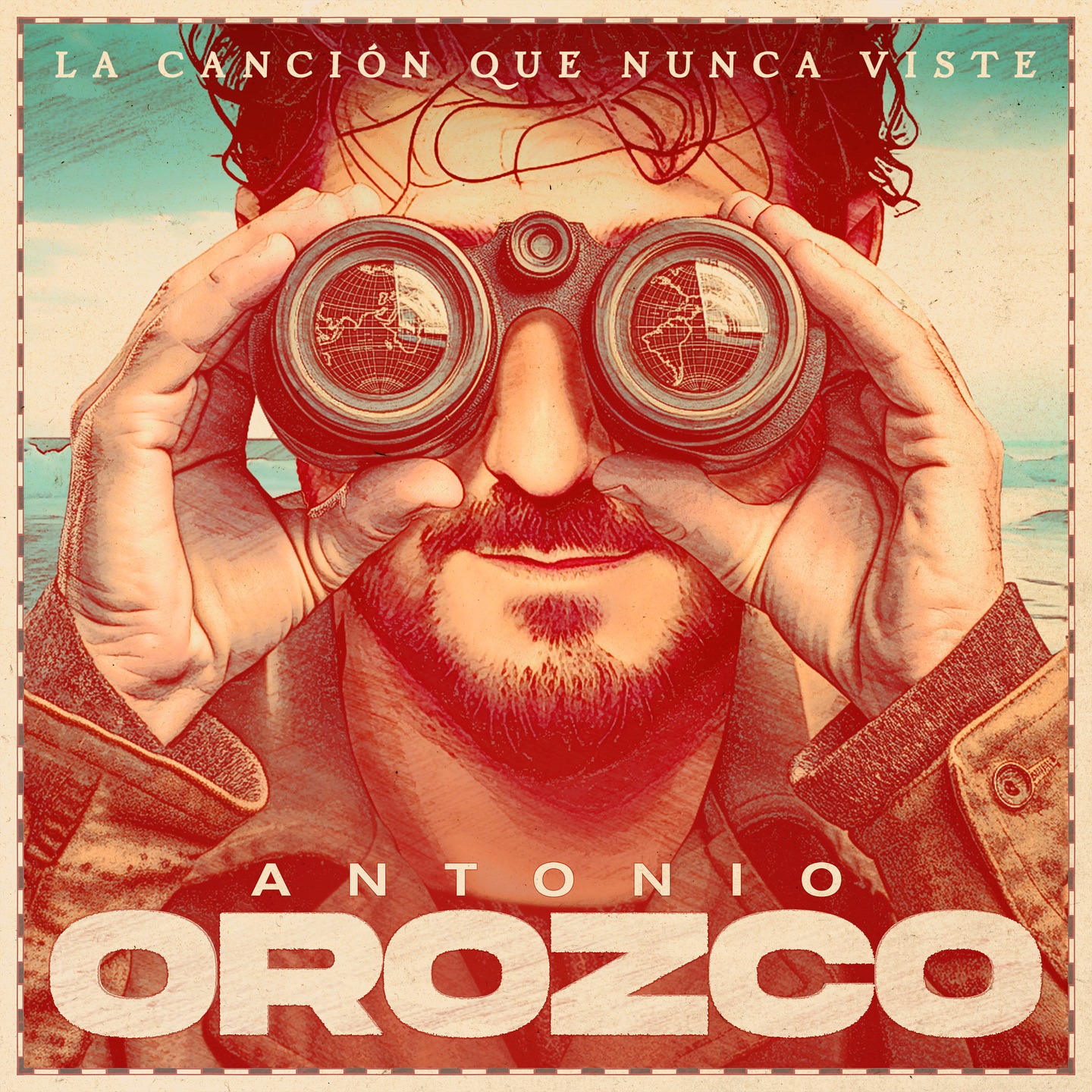
Like a film and a blanket or a beer at a concert, there are combinations that you can’t let go of you once you’ve tried them. Antonio Orozco knows this and today he is embarking on a new project, ‘La canción que nunca viste’, an album that connects the hits that sustain his career with his colleagues, today already considered friends, to rework his classics and make them even more personal than they already are, if that’s possible.
This adventure, which today becomes a whole new project, began its journey in 2022, when Sebastián Yatra joined Entre Sobras y Sobras Me Faltas, giving voice to one of the hardest lyrics the artist ever wrote. Then came the versions of Llegará with Juanes, Mi Héroe with Luis Fonsi, No Hay Más with Pereyra saw the light of day and reached the whole world. It was last month when he released the last advance, Estoy hecho de pedacitos de ti with Pablo Alborán, with which 9 years after its original release, we were able to witness this collaboration between two artists who have dominated the ballads in the history of our music.
La Canción que Nunca Viste is a global project by the Spanish artist in which he travels a journey through his lifelong successes accompanied by friends and artists he admires from many countries. Orozco revisits the songs that have most ruled the emotions and with which he has achieved No. 1 in radio and sales lists, now these songs travel to meet the most important artists in Latin America and Spain.
With the release of La canción que nunca viste, new companions join this journey on which Antonio Orozco embarks. Rozalén gets on board to bring back El Viaje, and Raphael reinterprets Devuélveme la vida, songs that have been playing on the radio since 2001, but also in the hearts of people all over Spain. We jump to 2013 to remember a song that, as its name suggests, has made us tremble since it was born, collaborating with Soledad in Temblando. And finally, Pablo López joins Por Pedir Pedí and American Jessie James Decker gives a new form to the well-known Hoy Será.
With executive production by Sebastian Krys, these versions of La Canción Que Nunca Viste is the idea of “starting over”, in Antonio Orozco’s own words: “It’s the end of a story that begins again after so many years.






